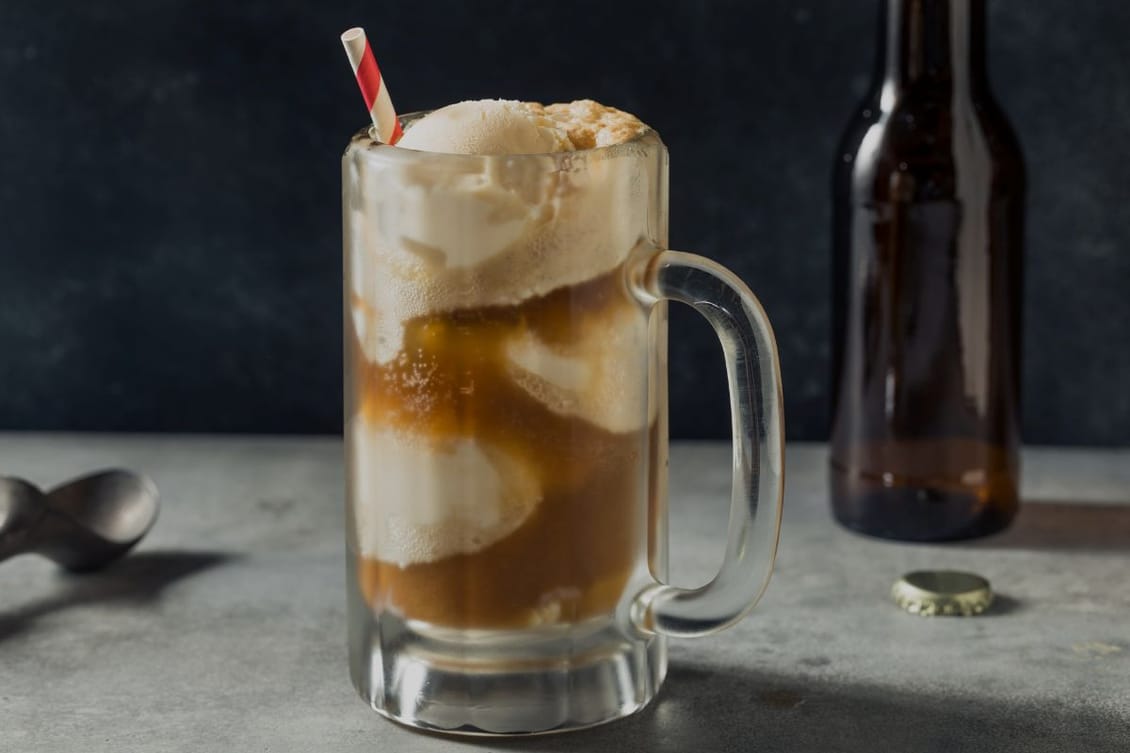
In 1919, Roy. W Allen opened a small stand selling root beer. A couple of years later he partnered with Frank Wright; and together, they named their brand A&W Root Beer. Today, you can still find A&W root beer on supermarket shelves around the world. Because by 1925, Allen and Wright had begun to grow their business by selling franchise rights.
It’s thought to be the first franchised F&B brand – and the model allowed A&W to expand very quickly. This pioneering route to growth was adopted by many brands that followed, including White Castle in 1921, and McDonald’s in 1955.
With significant profitability potential, the franchise model is appealing for savvy F&B innovators with an idea that has scope to scale. But being a franchisor comes with major challenges, too.
The challenges for F&B franchisors
- Providing support to franchisees. It’s the franchisor’s responsibility to provide comprehensive support to every franchisee; from initial training to operational assistance, decision-making support, and brand experience development.
- Adapting to diverse markets. When a franchise expands into different regional or international markets, it has to maintain quality and consistency while simultaneously making space for franchisees to adapt to suit local tastes and cultural norms – and striking the balance between consistency and adaptability isn’t easy.
- Supply chain management. The franchisor is responsible for managing the supply chains that ensure products and ingredients are available to all franchise locations at all times.
- Selecting franchisees, and ensuring compliance. Not every aspiring franchisee will be suitable, and franchisors have to effectively vet them and choose franchisees who can reflect the brand’s vision and values to a high standard.
- Adjusting to slow innovation cycles. A large franchise can be cumbersome – making it difficult to innovate quickly. Franchisors have to innovate their products and develop efficient routes to rollout new products, services, and operations across the franchise; or risk losing market share if they can’t move quickly enough.
Brand consistency and quality control is a top concern for franchisors
The list above isn’t exhaustive – we haven’t covered the challenges of financial management and regulatory compliance across a major franchise, for example.
But no matter how many locations there are on a company’s map, brand consistency and quality control is at the top of any franchisor’s list of challenges. Standardised procedures and comprehensive training programmes enable new branches to get off to the best possible start; but for long-term success, training and collaboration must continue for the duration of a franchisee’s lifecycle.
How do franchisors keep every franchise on track?
To maintain quality and consistency across a franchise network, including when the business is operating across international markets and adapting to local demand, F&B franchisors need to:
- Develop standardised operating procedures, and communicate them effectively. Operations manuals have to be highly detailed, but they also need to be easy to follow – covering everything from food preparation to cleanliness procedures, and branding guidelines that include in-store music, B2C communication styles, and much more.
- Launch rigorous training programs – but not just for new franchisees. Training programs have to be ongoing, with fresh training opportunities for franchisees on a regular basis.
- Establish centralised supply chains. You can’t leave franchisees to handle their own ingredient sourcing – because if you do, you’ll very quickly lose consistency. Supply chains must be centralised and efficiently managed to enable consistency in taste, presentation, and quality.
- Run regular quality audits. Your franchisees represent your business. So quality inspections are essential to stay on top of quality in every franchise location, and maintain compliance to your brand standards.
- Establish effective performance metrics and feedback systems. Instead of leaving franchisees to handle their own performance, the franchisor should implement systems that allow them to collect, analyse, and compare performance data – to identify areas for improvement so adjustments can be made as needed.
- Implement a system for listening to franchisees. When you’re operating in global markets, your franchisees know more about their local market than you do. So franchisors should create clear frameworks to allow franchisees to communicate local knowledge and enable adaptations that suit their customer base – while building the franchisor’s global market knowledge at the same time.
A successful franchise in the food and beverage sector demands a commitment to continuous improvement, and a willingness to adapt, learn, and grow in new directions.
